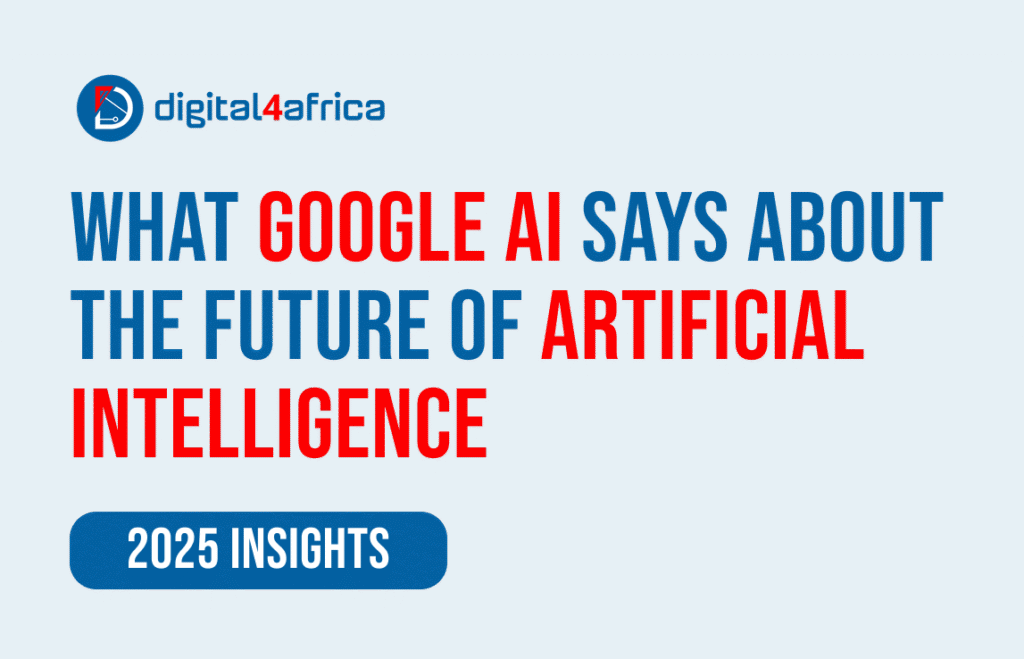What Google AI Says About The Future of Artificial Intelligence
AGI (Artificial General Intelligence) refers to the theoretical concept of an AI system with human-level cognitive abilities, capable of understanding, learning, and applying knowledge across a vast range of intellectual tasks, rather than being limited to a specific domain. Unlike current AI, which is specialized for particular functions like language translation or image recognition, AGI would be able to generalize its skills, adapt to new situations, and perform any intellectual task a human can. Although AGI remains a hypothetical goal, its pursuit involves deep interdisciplinary research, and its development could have profound societal implications.
-
-
Generalization:
AGI could transfer knowledge and skills learned in one area to entirely different domains.
-
-
Adaptability:
It would be able to learn from new experiences and adapt to novel, unpredictable situations without human intervention.
-
Common Sense:
An AGI would possess a vast understanding of the world, including facts, relationships, and social norms, allowing it to reason effectively.
-
Human-like Cognitive Abilities:
It would possess the cognitive capabilities to perform any intellectual task a human can, potentially even surpassing them.
-
Current AI (Narrow AI):
Today’s AI systems are typically specialized, excelling at specific tasks such as chatbots, voice recognition, or recommending content.
-
AGI (Strong AI):
AGI is a future concept representing a machine with the capacity to think and learn in a broad, flexible way, mirroring human intelligence.
-
Research and Development:
AGI is an active area of research, requiring advancements in computer science, neuroscience, and cognitive psychology.
-
Philosophical and Technological Challenge:
Defining intelligence in machines and developing models that can fulfill that definition are complex philosophical and technological hurdles.
- Achieving AGI would be a groundbreaking technological advancement with the potential to transform society, but it also raises questions about safety and ethical considerations.
This response is generated from Google search engine


